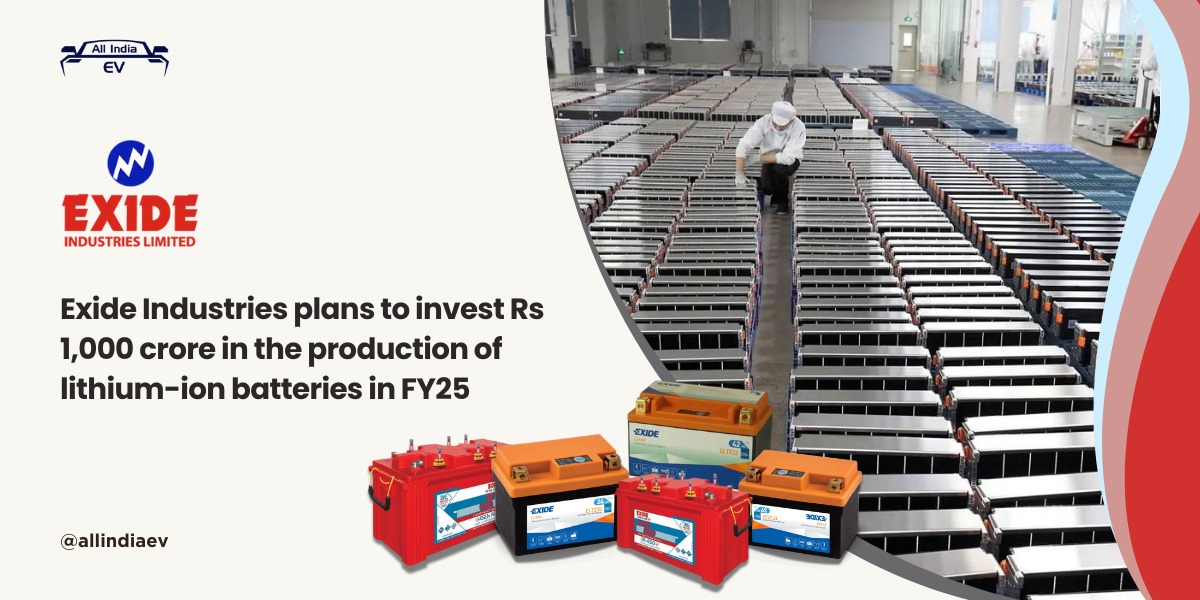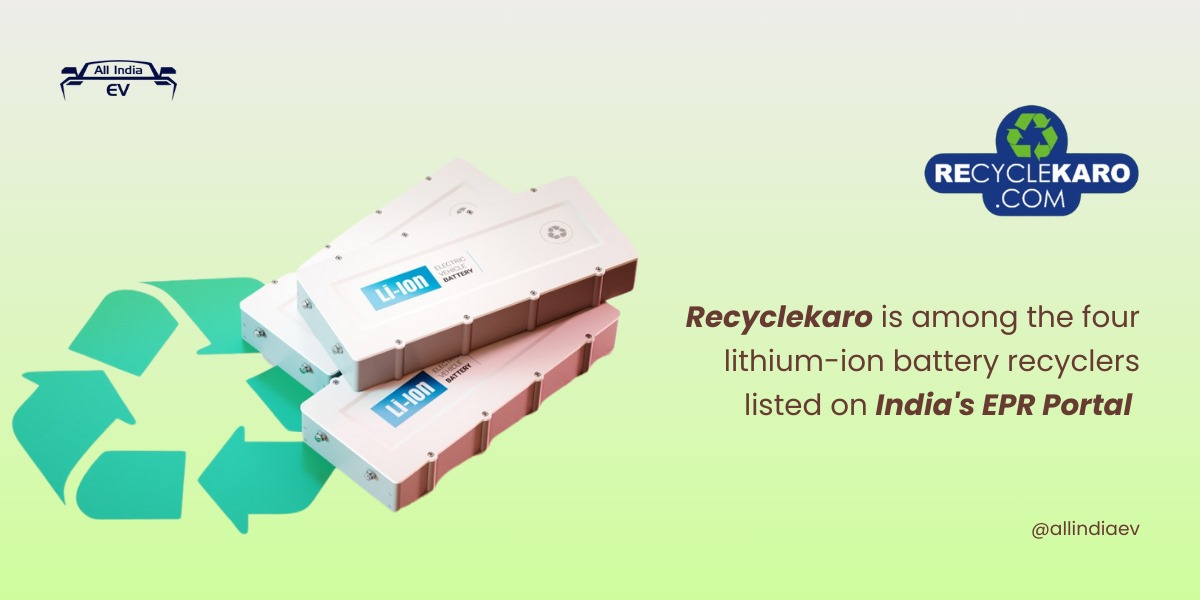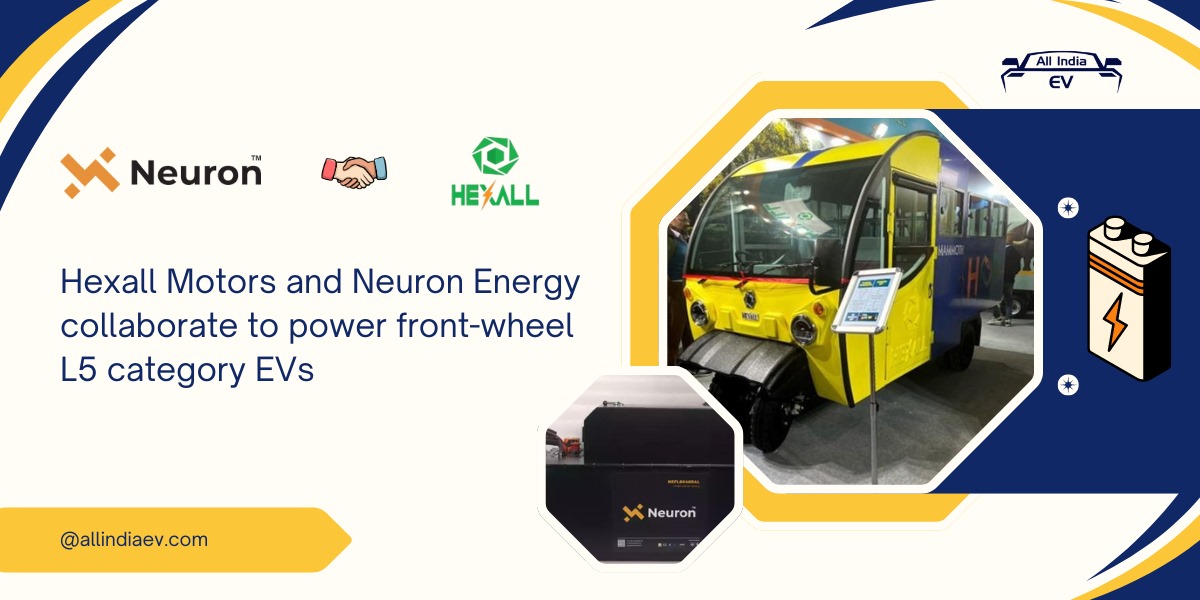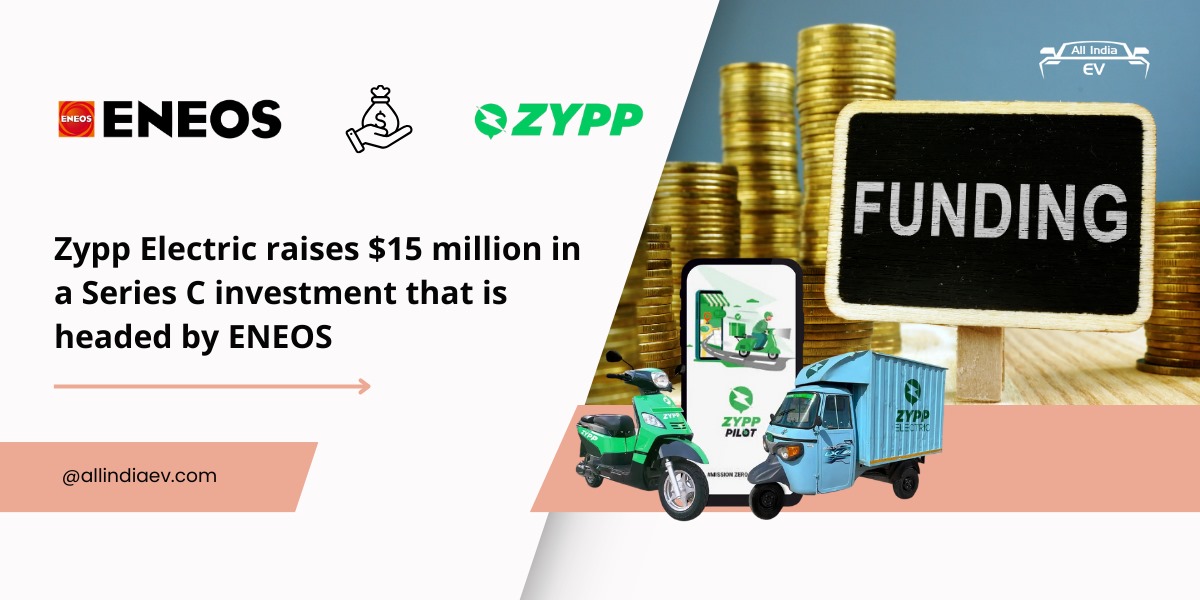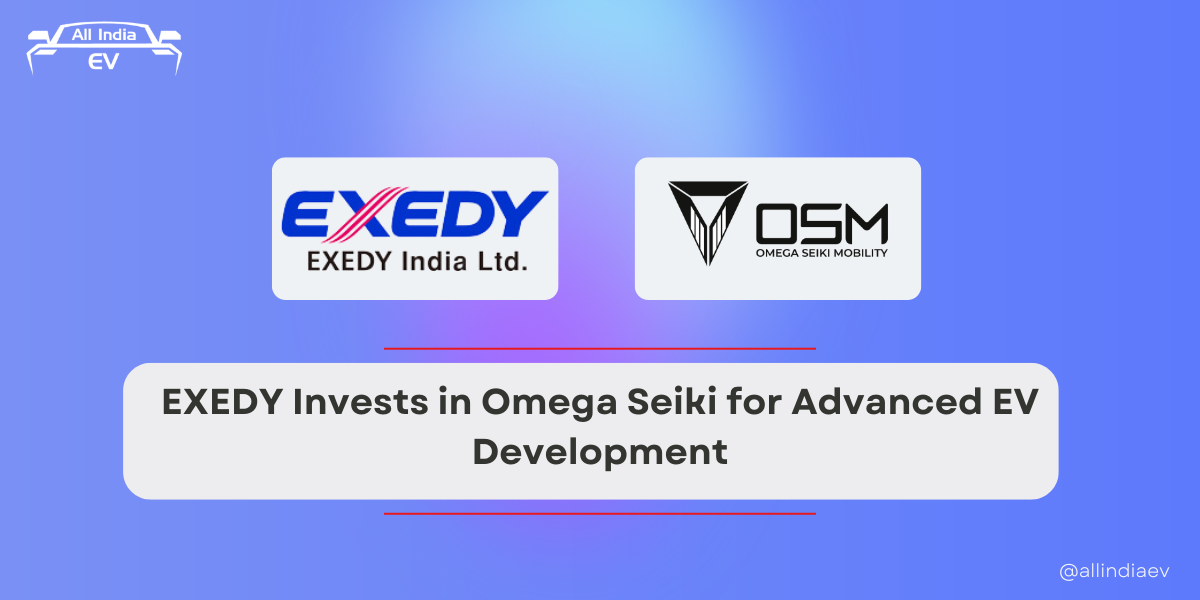EV News

Euler Motors Successfully Closes Series C Funding Round,Raises Additional INR 200 Crore
Euler Motors Successfully Closes Series C Funding Round, Raises Additional INR 200 Crore New Delhi,…
Incharz Signs MoU with 3ECO to Develop Nationwide EV Charging Infrastructure
Incharz Signs MoU with 3ECO to Develop Nationwide EV Charging Infrastructure Incharz, a leading EV…
Exide Industries Rs 1,000 Cr Lithium-Ion Investment
Exide Industries Plans Rs 1,000 Crore Investment in Lithium-Ion Cell Manufacturing for FY25 Exide Industries…
Recyclekaro Joins India’s EPR Portal for Battery Recycling
Recyclekaro Among Four Lithium-Ion Battery Recyclers Registered on India's EPR Portal for Battery recycling Recyclekaro,…
Neuron Energy and Hexall Motors Collaborate on Innovative L5 EVs
Neuron Energy and Hexall Motors Collaborate on Innovative L5 EVs Neuron Energy, a prominent manufacturer…
Zypp Electric Secures $15M Series C Funding Led by ENEOS
Zypp Electric Secures $15M Series C Funding Led by ENEOS Zypp Electric, a leading tech-enabled…
EXEDY Invests in Omega Seiki for Advanced EV Development
EXEDY Invests in Omega Seiki for Advanced EV Development EXEDY Co., Ltd., a leading Japanese…
Zevo India Aims for 50% Solar-Powered EVs in Logistics by End of FY25
Zevo India Aims for 50% Solar-Powered EVs in Logistics by End of FY25 Zevo India,…
India and Sri Lanka Engage in Talks Over Acquisition of Critical Graphite Mines
India and Sri Lanka Engage in Talks Over Acquisition of Critical Graphite Mines India and…
India’s New Electric Vehicle Policy Expected to Attract Major Global Players
India's New Electric Vehicle Policy Expected to Attract Major Global Players The Indian government has…




